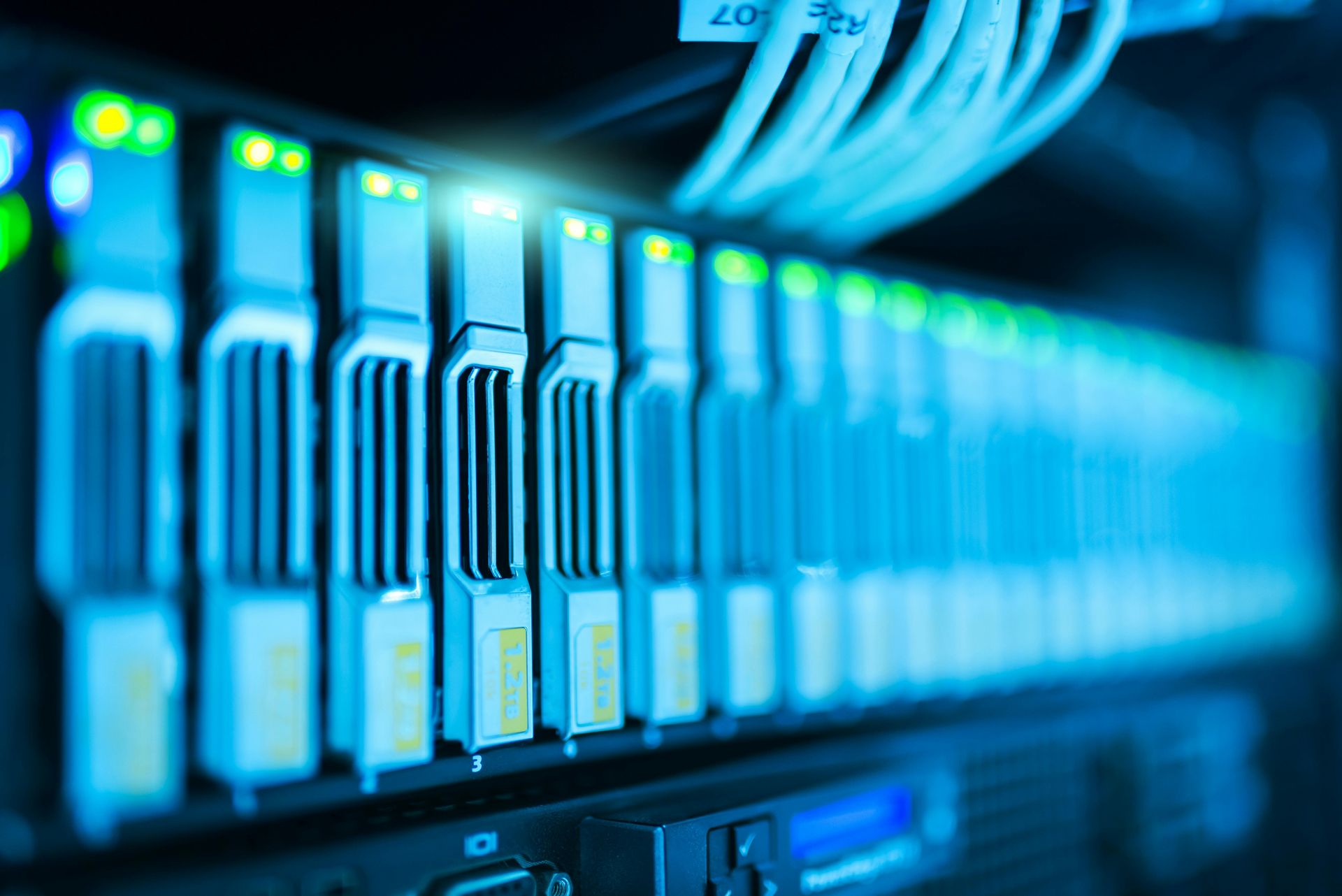OpenAI’s Comprehensive Strategy for U.S. AI Leadership
OpenAI has unveiled a detailed “economic plan” that highlights essential steps for the U.S. to secure a leadership role in artificial intelligence (AI). This plan calls for substantial investments in areas such as chip manufacturing, data processing, energy infrastructure, and workforce development. OpenAI emphasizes the need for cooperation between the government and its allies to foster an environment that positions the U.S. at the forefront of AI innovation. A key component of this vision includes addressing challenges around national security, technology exports, and regulatory frameworks.
Addressing National Security and Technology Deployment
OpenAI suggests the development of specific recommendations for deploying AI models responsibly. These recommendations would simplify coordination between private AI companies and national security agencies. By establishing a clear export control system, the U.S. could ensure that AI technologies are shared only with trusted allies, preventing adversarial states from gaining access. Additionally, OpenAI advocates for providing developers with vital national security insights, such as briefings on emerging threats to the AI industry, and facilitating access to resources for risk assessment.
Enhancing Infrastructure and Energy Support
A critical area of OpenAI’s plan involves boosting government investments in infrastructure to support the growing demand for energy-intensive AI operations. OpenAI recommends significantly increasing funding for energy supplies, focusing on renewable energy sources like solar and wind power, as well as nuclear energy. These measures would ensure that data centers, which are crucial for the development and execution of AI models, are adequately powered. The company argues that nuclear energy is essential for meeting the energy demands of next-generation servers.
AI Standards and Legal Frameworks
OpenAI also discusses the need for international AI standards, which could be adopted by other nations and respected global organizations. While the company suggests creating voluntary standards to encourage industry participation, it does not support mandatory implementation. The Biden administration has already proposed voluntary safety standards and established the U.S. AI Security Institute (AISI) to address potential risks. However, opposition from figures like Donald Trump threatens to undermine these initiatives.
Another significant point in OpenAI’s plan concerns intellectual property. The company asserts that AI developers should be able to use publicly available data, including copyrighted content, to train models. OpenAI, like other firms, relies on open-source information and has licensing agreements to respect the rights of content creators.
OpenAI’s Role in Government Partnerships
OpenAI has already formed several key partnerships with U.S. government agencies. The company works closely with the Department of Defense, particularly in cybersecurity, and has supplied AI technologies to military systems combating drone threats. Furthermore, OpenAI has significantly increased its lobbying efforts, spending three times as much in the first half of the year compared to 2023. OpenAI is actively shaping policy discussions, supporting legislation to create a federal AI regulatory body and promote federal grants for AI research.
Summary
OpenAI has outlined an ambitious plan for the U.S. to lead the global AI race. The company advocates for increased government investment in energy, infrastructure, and workforce development. It stresses the need for clear guidelines on AI model deployment, national security collaboration, and export controls to ensure safe technology use. OpenAI also calls for international AI standards and stronger intellectual property protections. Through partnerships with government agencies and lobbying efforts, OpenAI is positioning itself as a major influence in shaping AI policy in the U.S.






